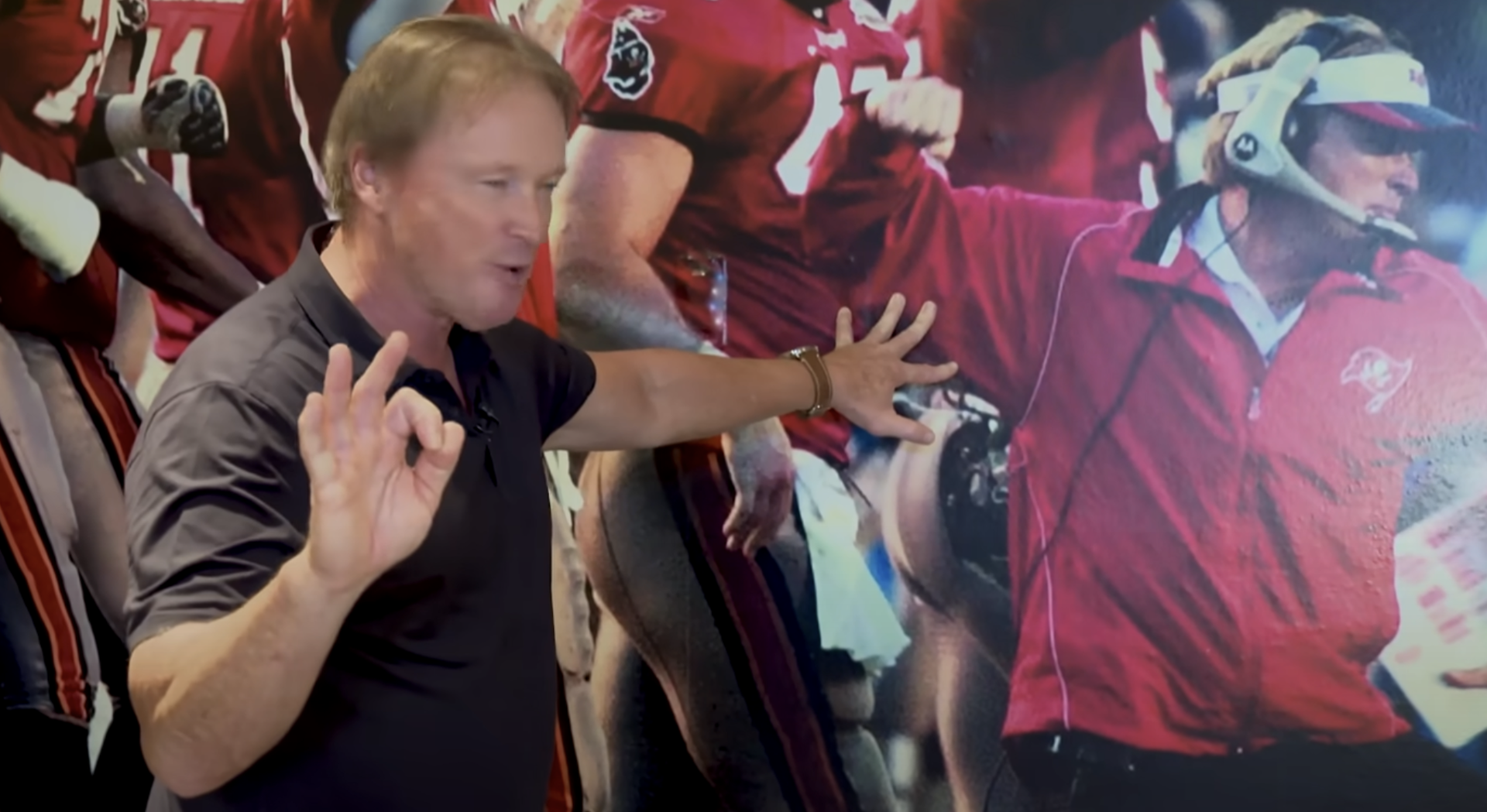Dysphoria and all the surrounding feelings are notoriously difficult to describe clearly, so here is the best metaphor I can come up with for what I want to talk about. Imagine, when you were a kid, that there was an intersection in your neighborhood that you regularly had to walk across, and it was a dangerous endeavor every time: There's no crosswalk, the cars don't respect speed limits, and everyone runs red lights or turns without looking. You did what you could to survive these perilous journeys, but maybe not every kid got to the other side unscathed.
Imagine, then, that years later you passed through your old hometown and found that, since you left, a stylish pedestrian bridge had been built at this intersection. You see a bunch of kids, and they're laughing with each other as they use it to cross safely, not even aware of all the times that you, years ago, just barely missed getting smashed by a car.
I didn't really have a bridge. If I had to live my life over again, and please don’t make me, I’d probably try to start transitioning at 19 years old—my sophomore year of college, a couple of years before I actually took my first hesitant steps toward hormones. It’d still be less than ideal, obviously, having to suffer again through male puberty without any tools to stop it. But for a trans girl born where I was in 1995, none of the other options would have been particularly viable. At home growing up I fought with my parents over things as simple as keeping my hair long or wearing makeup to a concert, so getting them to spend large amounts of money on doctors who could get me off the biological path I was on would've been impossible. And even if they saw me then like they see me now, I wouldn’t have had the strength to survive early 2010s high school as a trans girl in a fairly conservative area. I don’t think I need to explain why.
So I’d pick 19. Early enough that this time I could erase the most lost, dead-inside years of my life. Late enough that I could still get away from home, adjust to college, and firmly establish the friendships that (I’d later learn) would support me, without the added challenges of a brand-new gender. It’d still be a demoralizing trade-off to make, but at least with hindsight I could tweak the timing of the process just a little bit more in my favor.
A very nice thing I’ve seen in the last few years is that there are a lot of trans kids in this country younger than me who haven’t had to negotiate the same weighing of long-term health vs. present-day harm—who have some kind of a bridge. I talk to teachers who say they have trans kids in their classroom, and who seem to get along just fine. I see Hunter Schafer, three-and-a-half years my junior, starring in that HBO show nobody ever shuts up about. And I read pieces like the profile of Kris Wilka that P.E. Moskowitz wrote for GQ earlier this month, for whom the most remarkable thing about the South Dakotan is the fact that, thanks to a supportive community and a transfer out of Catholic school, people don't find his gender all that remarkable:
To say Kris is supported by his new school is an understatement—he’s popular, well-liked by students and teachers. Kris’s science teacher recently sent an email to his dad, just letting him know she thought Kris was a “rock star.”
“You just have kids who are immediately likable,” Micah Fesler, the school principal, tells me. “Kris is definitely that.”
It’s not just that Kris is mature, or charismatic. It’s that he’s centered, self-assured.
“It’s good to know somebody who knows themselves,” Fesler said.
The first day at his new middle school, at the football sign-up, Kris was approached by the school’s football coach. The coach had heard Kris wanted to play football, but Kris thought that the coach should know something—Kris was trans.
“Oh, okay,” the coach said. “Do you want to play in the line or the backfield?”
This is cool. In a growing number of places, for a growing number of people, there's a bridge.
And now some assholes want to knock it down. On Tuesday, Texas Gov. Greg Abbott instructed his state's child welfare agency to investigate instances of transitioning children as cases of child abuse. The most powerful official in the country's second-largest state is, in no certain terms, deputizing doctors, teachers, healthcare workers, and parents to enforce gender conformity among Texas's youth, and threatening them with prosecution if they refuse. It's the most appalling action yet in the ongoing Republican project to erase the existence of trans kids by criminalizing some of their most basic needs.
Greg Abbot has officially directed Family and Protective Services to begin investigating all trans children in Texas and prosecuting their parents as child abusers.
— Erin, Trail Mom (@ErinInTheMorn) February 23, 2022
He has also instructed all teachers, doctors, and caregivers to begin reporting any trans students they see. pic.twitter.com/AO4FdYNuym
There are ways to make this horrifying instance of government overreach sound less scary than it is. Perhaps it's just intended to be a half-assed distraction from the news that Abbott helped price-gouge Texans during last year's deadly winter storm. Perhaps the DAs in places like Harris and Travis County, who have already announced that they will not prosecute these cases, will set an example for the rest of the state. The courts could call bullshit on the Attorney General's interpretation of the law. Or, in an even darker twist, Texas's child protection system is such a mess already that maybe it won't be competent enough to follow through.
But these are all cold comforts that ignore the instant impact of this news. Abbott's policy sanctions the transphobic bullying of children by adults, even—especially—in the places where trans kids might seek help. It sends a clear message of intimidation meant to stop these kids from considering transition in the first place. It targets the most vulnerable ones, whose families can't escape this obstacle by moving to Austin or out of state. And for nervous, hesitant, or confused parents of these gender-nonconforming children, it gives an easy out to push this "problem" out of mind until much later, even if it irreparably harms those kids who are desperate for the care they need right now, and despondent without it.
Mainstream retellings of LGBT history are all very linear, and ultimately quite optimistic, the arc of the moral universe bending toward justice. Stonewall took us out of the shadows. AIDS activism forced straight people to reckon with our humanity. The fight for marriage legitimized us as equals. It’s all a very neat and touching story, and certainly the advances made just in my lifetime alone, from PrEP to Obergefell v. Hodges, reinforce the idea that we'll keep moving forward. But as I look around and see a center-left too cowardly and chastened by the upcoming midterms to meet this new development like they did North Carolina's bathroom bill just a few years ago, the threat of going backward, and repeating the same mistakes that hurt so many prior generations, feels more depressingly palpable than ever. Like so many things that bring us happiness, the progress that trans people have made over the last several years is extraordinarily fragile. I'm worried that it's too fragile to hold against this much aggression.
This new Texas attack and other similar legislative efforts around the country are forcing trans kids to wait until they're closer to 19, like almost all of us had to until just a few years ago. Like I had to. It tears down, at the stroke of a pen, some of the bridges that have been built with so much sweat and blood to help kids reach something resembling safety. And while I personally made it across confused, closeted years of self-harm and substance abuse to reach the intact, privileged life I lead today, not everyone has been or will be so lucky.





